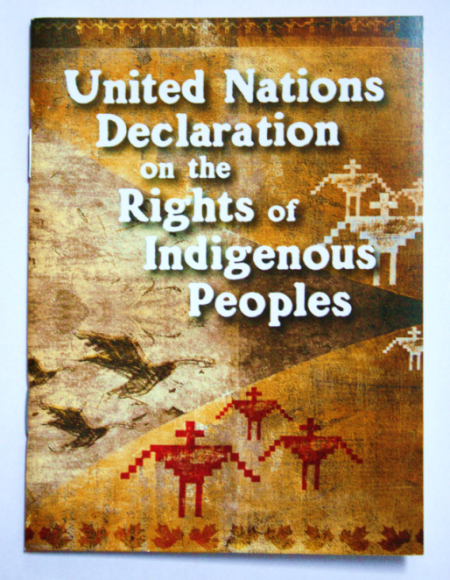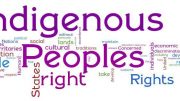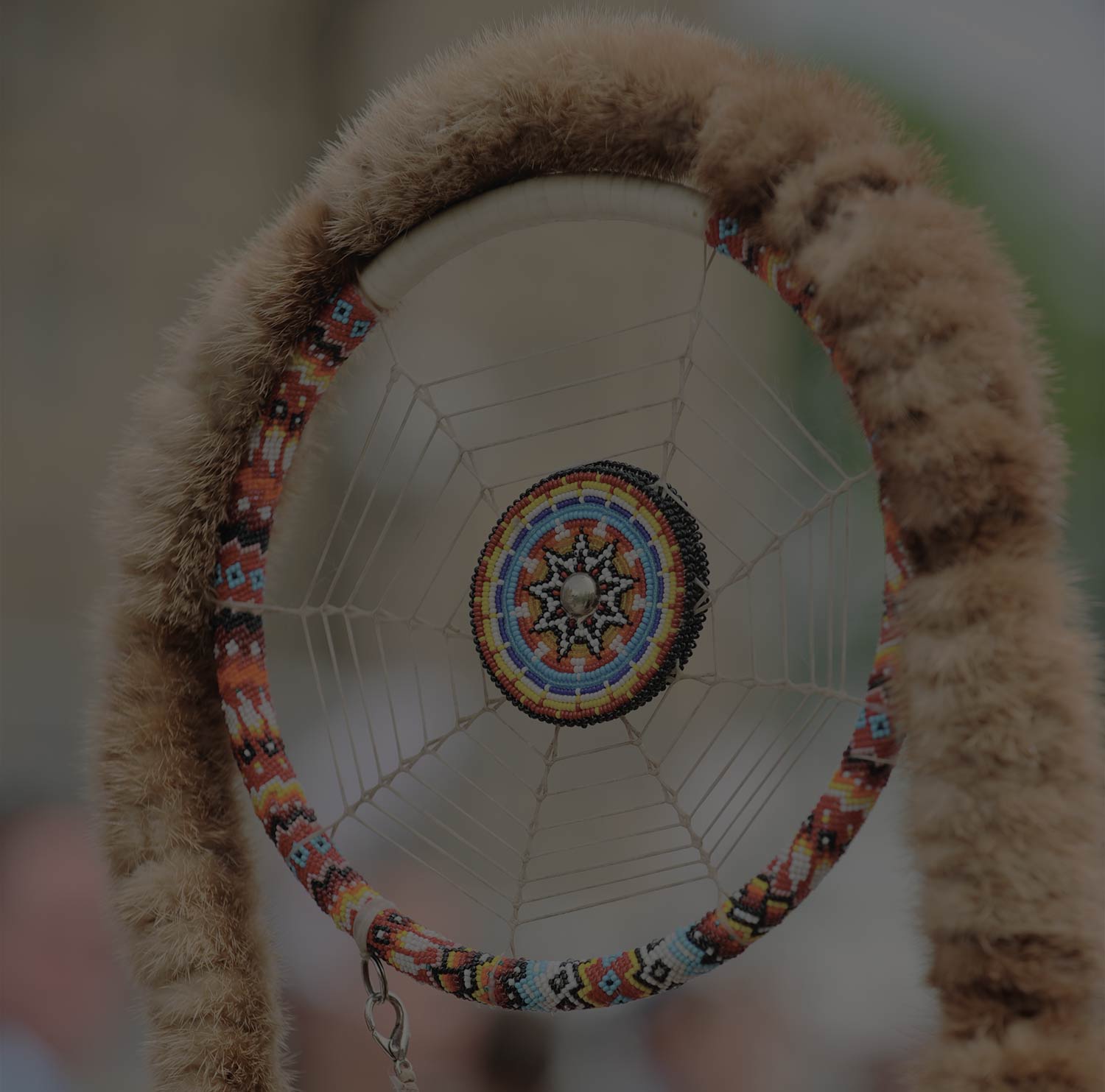Indigenous peoples’ organizations and human rights groups are calling on federal, provincial, and territorial governments to follow the lead of the Truth and Reconciliation Commission in calling for the United Nations Declaration on the Rights of Indigenous Peoples to be used as a valuable framework for the reconciliation of Indigenous and non-Indigenous peoples in Canada.
Thousands of people attended powerful events in Ottawa last week, as the TRC formally concluded its mandate. In an executive summary of its final report, due out later this year, the Commission emphasized that “Canadians must do more than just talk about reconciliation; we must learn how to practise reconciliation in our everyday lives-within ourselves and our families, and in our communities, governments, places of worship, schools, and workplaces.”
The Commission is adamant that the UN Declaration “provides the necessary principles, norms, and standards for reconciliation to flourish in twenty-first-century Canada.”
The Coalition for the Human Rights of Indigenous Peoples presented an educational workshop on the Declaration during the final TRC plenary sessions. TRC Commissioner Chief Wilton Littlechild shared with the filled-to-capacity room a message from UN Secretary General Ban Ki-moon. The Secretary General congratulated the TRC on its work and encouraged “all involved in this effort [reconciliation] to follow up on the report’s recommendations, using the UN Declaration on the Rights of Indigenous Peoples as a road map.”[1]
Since its adoption by the UN General Assembly in 2007, the Declaration has been relied on by courts, human rights commissions, Indigenous governments, as well as corporations and various sectors of civil society.
Despite endorsing the UN Declaration, the federal government has continued to refuse to work with Indigenous peoples and civil society on implementation. Government MPs recently voted down a private members bill that would have required a regular review of legislation to ensure compliance with the Declaration. Canada is yet to have any substantive response to the report of the TRC.
In its executive summary released on June 2, the TRC stated, “The Commission is convinced that a refusal to respect the rights and remedies in the Declaration will serve to further aggravate the legacy of residential schools, and will constitute a barrier to progress towards reconciliation.”
The Coalition for the Human Rights of Indigenous Peoples consists of Indigenous Peoples organizations and human rights groups. The Coalition has worked collaboratively on the development, successful adoption, and implementation of the UN Declaration on the Rights of Indigenous Peoples for the past 15 years.
Joint Statement of the Coalition for the UN Declaration on the Rights of Indigenous Peoples
Amnesty International Canada; Assembly of First Nations; Canadian Friends Service Committee (Quakers); Chiefs of Ontario; First Nations Summit; Grand Council of the Crees (Eeyou Istchee); Indigenous World Association; Inuit Circumpolar Council; Inuit Tapiriit Kanatami; KAIROS: Canadian Ecumenical Justice Initiatives; Native Women’s Association of Canada; Québec Native Women/Femmes Autochtones du Québec; Union of British Columbia Indian Chiefs







Be the first to comment on "Coalition for Human Rights urges Ottawa to accept the UN Declaration on Indigenous Rights"